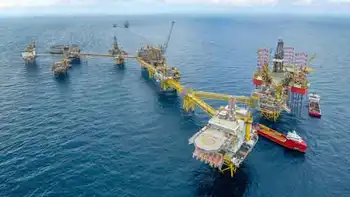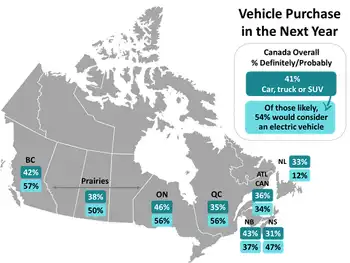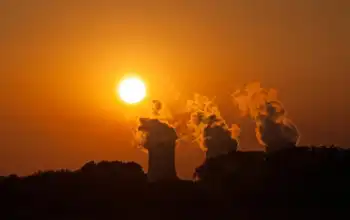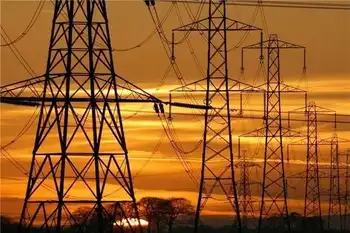EU sees Sahara solar power in five years
ALGERIA - Europe will import its first solar-generated electricity from North Africa within the next five years, European Energy Commissioner Guenther Oettinger said in an interview.
The European Union is backing projects to turn the plentiful sunlight in the Sahara desert into electricity for power-hungry Europe, a scheme it hopes will help meet its target of deriving 20 percent of its energy from renewable sources in 2020.
"I think some models starting in the next 5 years will bring some hundreds of megawatts to the European market," Oettinger told Reuters after a meeting with energy ministers from Algeria, Morocco and Tunisia.
He said those initial volumes would come from small pilot projects, but the amount of electricity would go up into the thousands of megawatts as projects including the 400 billion euro $495 billion Desertec solar scheme come on stream.
"Desertec as a whole is a vision for the next 20 to 40 years with investment of hundreds of billions of euros," said Oettinger. "To integrate a bigger percentage of renewables, solar and wind, needs time."
The EU is backing the construction of new electricity cables, known as inter-connectors, under the Mediterranean Sea to carry this renewable energy from North Africa to Europe.
Some environmental groups have warned these cables could be used instead to import non-renewable electricity from coal- and gas-fired power stations in north Africa.
"This is a good question but not a question to destroy our project," Oettinger said. "This question must be answered by a good answer and so we need ways to ensure that our import of electricity is from renewables."
He said he believed it was technologically possible to monitor electricity imports to the EU and establish if they come from renewable sources or fossil fuels. "This question must be solved in the next years," he said.
The Desertec consortium includes major firms such as Siemens, RWE and Deutsche Bank. They are expected to seek public money for the project.
Oettinger said the EU's assistance was likely to include help coordinating stakeholders, updating regulations to allow the imported electricity to move across European borders, and financing feasibility studies.
On the prospect of EU subsidies, or the European Commission permitting state aid to firms involved in the project, he said that would become clear once the consortium has presented a detailed business plan.
Oettinger said all three energy ministers at the meeting in the Algerian capital sent a signal they were willing to build the infrastructure and common market rules needed to allow a trade in renewable electricity with Europe.
He countered concerns expressed in the past by some officials in Algeria that the project could involve Europeans exploiting north Africa's natural resources.
"Renewables are a two-way partnership because electricity produced here is for the home market of north African countries," he said.
"Maybe a bigger percentage of the electricity will be exported to Europe but at the same time we have to export the technology, tools, machines, experts, and so it's a real partnership, not only a partnership by selling and by buying."
Related News
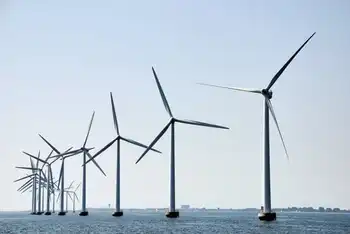
Europe Stores Electricity in Natural Gas Pipes
LONDON - Last month Denmark’s biggest energy firm, Ørsted, said wind farms it is proposing for the North Sea will convert some of their excess power into gas. Electricity flowing in from offshore will feed on-shore electrolysis plants that split water to produce clean-burning hydrogen, with oxygen as a by-product. That would supply a new set of customers who need energy, but not as electricity. And it would take some strain off of Europe’s power grid as it grapples with an ever-increasing share of hard-to-handle renewable power.
Turning clean electricity into energetic gases such as hydrogen or methane is an old…

